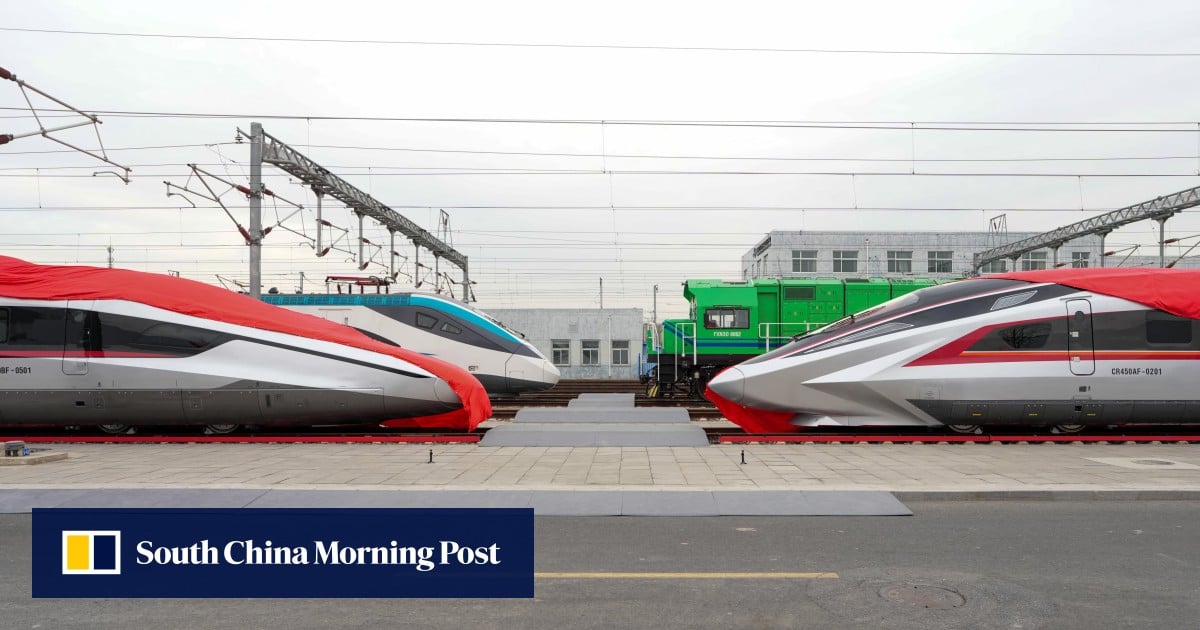Get the latest tech news
Redirecting AI: Privacy regulation and the future of artificial intelligence
Some artificial intelligence technologies are more data intensive than others. This column examines how data privacy regulation shaped the trajectory of AI innovation across countries, looking at patent applications from 57 countries across 76 industries between 2010 and 2021. Following the EU General Data Protection Regulation, patent applicants with greater exposure to EU markets increased data-saving patents while reducing data-intensive ones, with EU-based firms driving this shift. Moreover, the regulation appears to have lowered overall AI patenting in the EU while consolidating the market dominance of established firms.
In China, state procurement policies have explicitly incentivised AI development for data-intensive surveillance applications (Beraja et al. 2021), while in the US, data privacy relies on a patchwork of sector-specific regulations rather than comprehensive federal protection. Over the past decade, the overwhelming focus of AI research has been on data-intensive deep-learning methods – which incentivise companies to amass personal data – often at the expense of exploring less-data-dependent, rule-based systems (Klinger et al. 2020). At the same time, the stronger response from established firms indicates that privacy regulations may inadvertently reinforce incumbent advantages while dampening overall innovation – a pattern our study finds evident in the field of AI.
Or read this on r/technology
